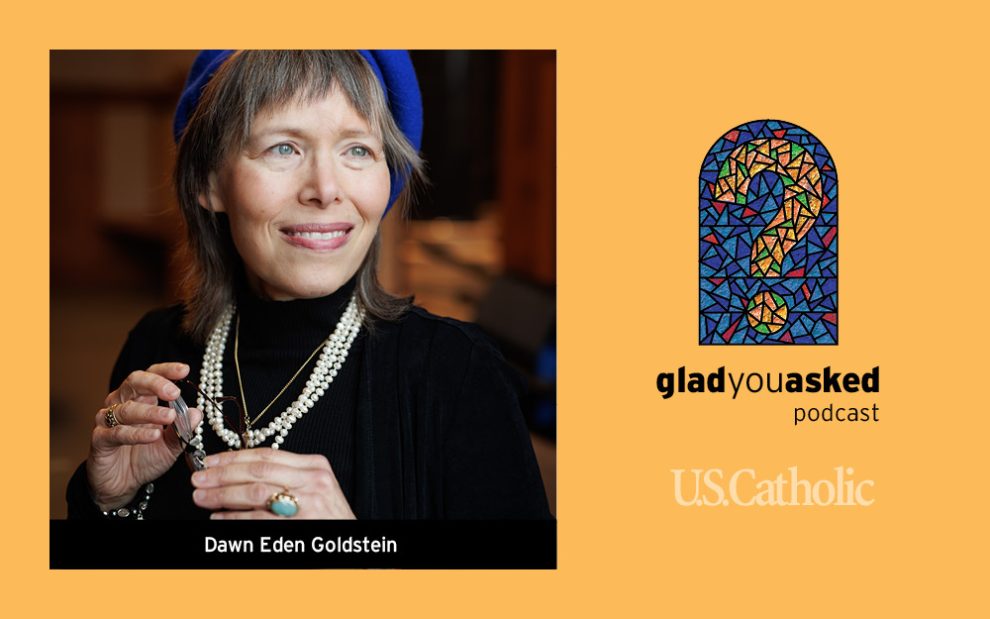Catholic history is full of famous excommunications involving court intrigue and geopolitical conflicts. Henry VIII of England was excommunicated twice: first in a “provisional excommunication,” by Pope Clement, then again by Pope Paul III, in 1538. An earlier English monarch, Henry II, also clashed with the church—specifically, with Thomas Becket, archbishop of Canterbury. Though Becket never excommunicated Henry, he did excommunicate a number of his supporters. Further back in history, yet another Henry, the Holy Roman Emperor Henry IV, was famously excommunicated by Pope Gregory VII. The emperor ended up walking on foot to Canossa Castle in 1077, and kneeling in the snow doing penance for three days, begging for his excommunication to be lifted.
Stories like this might suggest that excommunication was a tool for political leverage, or a weighty and dramatic event that only happened when the Catholic Church wielded massive political power. But excommunications still happen today, and most of them do not involve state leaders.
On this episode of the podcast, the hosts talk with canon lawyer Dawn Eden Goldstein about the canonical and theological significance of excommunication. Goldstein is one of the few laywomen in the world to hold both a theology doctorate licensed by the Holy See and a licentiate in canon law. She is also the first woman to earn a doctorate in sacred theology from the University of St. Mary of the Lake. She is also the author of several books, including The Sacred Heart: A Love for All Times (Loyola Press) and Father Ed: The Story of Bill W.’s Spiritual Sponsor (Orbis Books).
You can find more information about this topic and read some of Dawn’s work in these links.
- “What is excommunication?” by Michelle Arnold
- “Excommunication is not the church’s equivalent of capital punishment,” by Thomas Reese
- “Vatican excommunicates former nuncio to the US, found guilty of schism,” by Carol Glatz
- “What is canon law?” by Dawn Eden Goldstein
- The Dawn Patrol
Glad You Asked is sponsored by the Claretian Missionaries.














Add comment